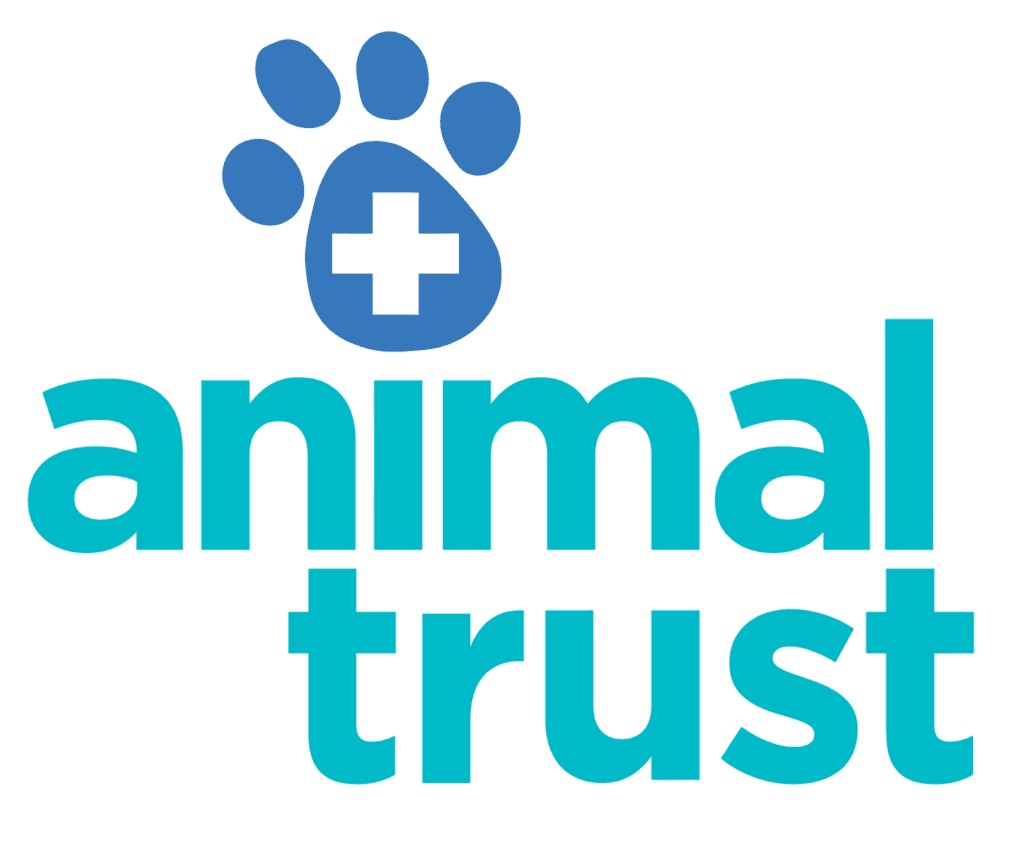Arthroscopy is a form of minimally invasive keyhole surgery, which involves placing a small camera called an arthroscope into a joint to examine the appearance of the joint and surrounding structures. It also allows fine surgical procedures to be performed through small surgical wounds (or portals) within the joint to manage a wide range of conditions under camera guidance. It is most commonly performed in the elbow joint, but can also be used for investigation and management of shoulder, hip, knee and hock problems.
When is arthroscopy indicated?
Arthroscopy can be utilised for a wide variety of problems, but the most common conditions it is recommended for are:
Medial coronoid process disease (elbow dysplasia) is a common component of developmental elbow disease or elbow dysplasia in medium—to large-breed dogs, resulting in forelimb lameness. Arthroscopy allows assessment of the cartilage surface and exposed bone, as well as therapeutic debridement of the abnormal bone and cartilage.
Osteochondritis dissecans (OCD): a relatively common condition in large and fast-growing dog breeds which affects the development of cartilage on the joint surface leading to pain in the affected joint. This can occur in many joints, but commonly is seen in the shoulder, elbow, knee and hock. Arthroscopy allows assessment of the lesion, removal of the abnormal cartilage and treatment of the underlying bone to stimulate new soft spongy (fibrocartilage) to form in its place.
Biceps tendinopathy: An injury the occurs in very active working dogs where due to repetitive strain, the biceps tendon becomes damaged. As the biceps tendon runs through the shoulder joint, arthroscopy allows excellent visualisation of the tendon as well as other structures in the shoulder joint. The treatment of choice is to cut the tendon (biceps tenotomy) which typically resolves the symptoms and this can be performed with the assistance of arthroscopy for a minimally-invasive approach.
Meniscal evaluation: Dogs who have been diagnosed with rupture of the cranial cruciate ligament, often have concurrent damage to other structures within the knee, most commonly the menisci. The menisci are two fibrous “shock absorbers” within the knee which if damaged either before or after surgery for management of cranial cruciate ligament rupture, can cause persistent lameness. Arthroscopy provides a minimally invasive means of evaluating the joint without the need for open surgery.
What does the surgery and recovery involve?
Your surgeon will discuss the surgery and any questions you may have. Surgery is performed under general anaesthetic and is performed usually through 2-3 small wounds. These wounds are closed with sutures in the skin which can be removed 10-14 days after surgery.
Recovery is dependent on the specific reason for surgery. Most patients will be able to be discharged the same day to continue their recovery from home. Typically, this involves a couple of weeks of rest followed by gradual reintroduction to exercise with incremental increases in duration of exercise.
What is the cost of the procedure?
The surgeon may recommend further investigations before surgery which may include x-rays or CT (see our pricing page for upto date costs). The cost of the procedure itself, including post-operative medication and up to two days hospitalisation if required, is:
Single joint (unilateral surgery): £1019
Two joints (bilateral surgery): £1779
Where is the procedure performed and how can I arrange a consultation?
We are currently able to offer arthroscopy only at our Ellesmere Port hospital with our orthopaedic and soft tissue surgeon Dr Dylan Payne. To arrange a consultation, we require your veterinary surgeon to complete our online referral form and you will then be contacted by one of our team to arrange a consultation. Please note the cost of consultation is £99.50.

